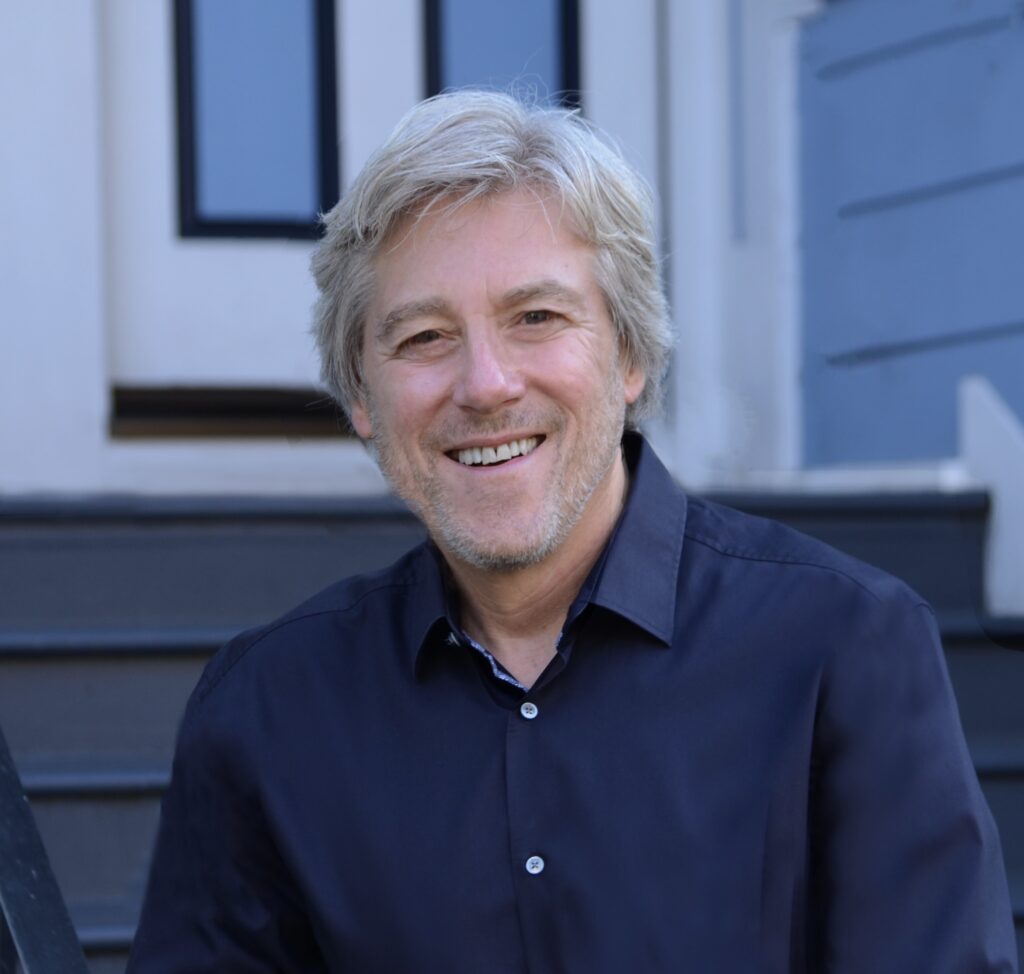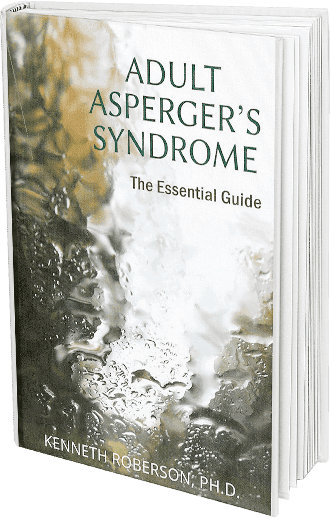
Daniel Wendler is the founder of Improve Your Social Skills, a comprehensive resource for adults who wish to improve their social skills and achieve social success. He is an author, consultant, and lecturer. He recently gave a highly acclaimed Ted Talk describing his life with Asperger’s.
I interviewed Daniel about his life and his perspectives on Asperger’s in adults. Here is the interview, conducted via email. I believe you will find his insights informative and constructive, from someone who understands the many challenges of Asperger’s, both personally and professionally.
Please feel free to respond with comments and/or questions for Daniel. I will relay them on to him and post his responses. I look forward to a lively dialogue with Daniel, and ourselves, regarding life as an adult with Asperger’s.
Tell us about how you interacted with people, your family, friends, peers, strangers when you were young. How did you get along with people? How did people get along with you? What made it hard to socialize?
I had a very difficult time interacting with most people when I was young, as I’m sure most people on the spectrum do. Partially this was because I really struggled to pick up on social cues, and partially this was because my behavior was very different from a “normal” kid. In addition, I was consistently under a great deal of stress, both from sensory overload and from all of my social struggles, and that made social interaction very difficult as well. Try making small talk when all of the noises around you make you want to scream, and you probably won’t do a very good job either!
My family was always very accepting of me, but teachers didn’t quite know what to do with me and most kids my age either bullied me or ignored me. most other people either bullied me or just ignored me.
I was fortunate to be able to find a few friends growing up. I typically was able to bond over a common interest (like games or Star Wars), but I also had a next-door neighbor that was accepting of my quirks and provided me with an opportunity to move beyond my “geeky” comfort zone a bit and do things like play backyard sports and explore the woods near our houses.
What was it like to get diagnosed? What was the procedure? What was the impact of the diagnosis on you? How did it change the way you thought about yourself?
I was diagnosed over ten years ago, so I don’t remember many of the specifics of the diagnostic process itself. I remember spending an entire day doing a variety of tests and talking about my life.
I do remember my experience of receiving my diagnosis. I remember that the psychologist told me about my diagnosis in a sad kind of way as if expecting I would be crushed by the news. But I was actually very excited! I finally understood the reason behind my life-long social struggles.
And once I understood the cause, I could start working on a solution. I remember the psychologist presenting me with a list of social skills that people with Asperger’s struggle with. I think her intent was to say, “These are the things you won’t be able to do” but I received it in a very different way. I look at the list of skills I was lacking and decided that it was my homework. I was going to try to teach myself all of those skills that I had not had the chance to automatically learn due to my diagnosis.
So diagnosis was a huge life-changing experience for me. Instead of feeling helpless about my social struggles, I was able to identify a cause and then go about seeking a solution.
Did you tell anyone about your diagnosis? How did it change the way other people experienced you?
For several years after my diagnosis, I shared it with people once they had gotten to know me, but not right away. I didn’t want people to judge me based on a label before they had the opportunity to see the real me.
After I launched ImproveYourSocialSkills.com, I started disclosing my diagnosis earlier in relationships – it’s hard to answer a question like “What do you do?” without talking about my website, and it’s hard to talk about my website without my diagnosis
Could you explain how you learned social skills?
The same way you learn any other skill – through study and practice.
I read tons of books on social skills – my bookshelf was crammed with guides to body language, etiquette, conversation, etc. And then I went out and practiced it in real social settings. I tried the things from the books until I could do them without much conscious effort, and I watched my performance to look for areas to improve (for instance, if I flubbed a conversation, I would try to find out where I went wrong and improve that specific area.)
People often seem surprised when they discover that my social skills were self-taught because for some reason there’s this assumption that social skills are an innate quality rather than a skill that can be learned or taught. But even neurotypicals had to learn social skills – it’s just that they learned it naturally through observation as they grew up, whereas those of us on the spectrum have to put in more deliberate effort.
Could you describe your sandwich metaphor of conversations?
Rather than do a quick summary, I suggest your readers check out my free full guide to conversation on my website (which includes the sandwich metaphor.) There’s a lot of good ideas in my full guide that combine with the sandwich metaphor to make you even better at conversation, so it’s really worth digging into the full guide.
Did you have any difficulties growing up, aside from social skills, that you attribute to having ASD?
Yes, definitely. As mentioned before, I had a lot of sensory issues that I think were related to the ASD. I was also very depressed for many years in childhood, which I think was the result of the social pressures of ASD.
How are you affected by ASD now?
I’ve reached the point where I can make it through most day-to-day social interactions just fine, but I still have lingering social anxiety that was the result of many years of awkwardness and rejection. In the back of my brain, I have a fear that if don’t work hard to be socially perfect all the time, I’ll suddenly lose all the progress I’ve gained and become hopelessly awkward again.
Of course, this isn’t a realistic fear – and even if it was, I have many people in my life who would love me even if I was awkward. So I’ve been working hard to try to push back against that anxiety. I’ve actually had to practice being a little less socially polished and letting my natural reactions come out more because I’ve discovered that many people in my life want to see the real me, not the polished “Social Dan.”
I also believe I’m affected by ASD in a lot of positive ways. I think that my sense of humor, my analytical mind, my loyalty, and my ability to stay cool under pressure are all strengthened by my Aspergian wiring. Even if I could flip a switch and become neurotypical, I wouldn’t do it.
What advice do you have for people who believe they have ASD?
Gosh, this could be an entire book. But if I had to limit myself, I’d say just three things.
First, find your people. It can be easy for folks on the spectrum to isolate themselves, but remember that there are people out there who will love and accept you if you give them the chance. You might already have those people in your life (if so, spend time with them!) or you might need to find them (I have a chapter in my book on making friends if you need some guidance on that). But either way, remember that people aren’t meant to go through life alone.
Second, remember that you can get better at social skills. Make a goal of improving your skills just 1% every day. This can be as simple as taking twenty minutes to read a social skills guide, or going to one social event you would otherwise avoid. It won’t seem like much, but over time your study and practice will pay off.
Finally, remember there’s nothing wrong with you. Having ASD is just another way of being. It means you have some challenges that neurotypical people might not, but it also means you have some strengths that neurotypicals don’t have. You have just as much of a chance at happiness and meaning in your life as someone without ASD – so go make that happen!
Do you support the idea of a diagnosis for people who question whether they have ASD? Why or why not?
Yes, I think that people who think they might have ASD should get diagnosed. It’s always useful to know more about yourself, and having a formal diagnosis can get you access to services or groups that can help you improve. In addition, a professional diagnosis can also help you determine if your problems are the cause of something other than ASD – for instance if your social struggles are the result of ADHD, anxiety or depression, then treating the symptoms of those conditions will get you better results than teaching yourself social skills.
I also think it’s important to remember that a diagnosis does not define or limit you. I am autistic, but I am also a friend, and an author, and a dancer, and a fan of mint chocolate chip ice cream – and the list goes on and on. My diagnosis is one piece of me, but it’s not the whole piece, and I haven’t left my diagnosis hold me back from embracing all the parts of me that I want to express.




